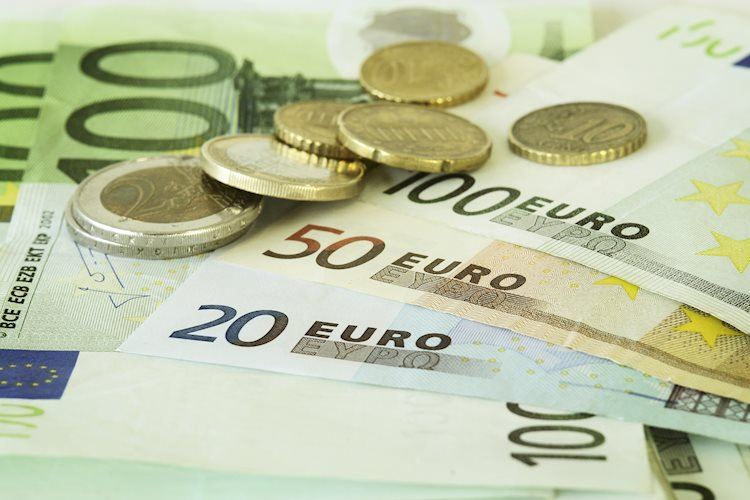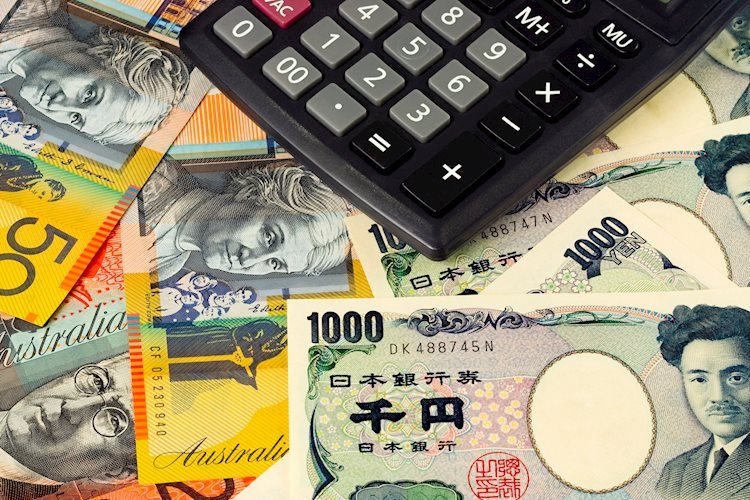The exchange rate in Brazil is performing better due to factors such as the reversal of the water crisis and a more positive fiscal situation, said this Monday (16) the director of Monetary Policy of the Central Bank, Bruno Serra, considering that there is still uncertainties in the medium term.
In an event promoted by Goldman Sachs, Serra said that the exchange rate in the country was pressured by a series of factors in 2020 and 2021, such as low interest rates and fiscal uncertainty. In that period, according to him, the real was devalued by 25% in relation to its peers.
For him, there was an improvement in this exchange rate scenario, also influenced by changes in taxation of investments abroad, return of Brazilians to domestic investments and flow of resources from companies.
In Serra’s assessment, the recent exchange rate movement – which has risen again to levels above 5 reais per dollar – reflected the impact of the slowdown in China, which is facing a wave of Covid-19, and the monetary tightening implemented in the United States.
For him, the effect caused by China on the real was stronger than that of interest rates in the United States.
Effects of interest rate hikes
Serra, also said this Monday that the effects of the interest rate increase, which reached 12.75% per year, should be felt in the economy from the second half of the year. According to him, even with the increase in the Selic rate, the country should grow at least 1% in 2022.
“With the improvement of external accounts, unemployment falling and the capital market consistent, we can imagine better perspectives”, said Serra.
The BC director also stated that part of the economic growth should take place based on the recovery of the services sector. “There is still something to happen in the resumption of services. If I had to bet, GDP growth in 2022 would be more than 1%. Investment surprises and grows well since the post-pandemic resumption,” he said.
Comparison with other countries
Bruno Serra cited the massive fiscal stimulus made by the Brazilian government in the pandemic, superior to that of its peers, among the reasons that forced the municipality to raise interest rates earlier than most emerging countries.
He also pointed out the depreciation of the real against the dollar, the water crisis, which had a heavy impact on energy tariffs, and the “more ingrained” indexation than that of peers, thus amplifying the inertial effects of inflation, in explaining why Brazil began the fight against high prices in a worse situation than that of other emerging markets.
“The challenge was tougher,” Serra declared, recalling, as if in an outburst, that the global inflationary shock hit Brazil after the country poured more than R$600 billion into fighting the pandemic. “Brazil was in a more difficult situation than peers until recently.”
When talking about the future, he outlined, however, a disinflationary scenario, pointing out the trend towards normalization of the variables that influence prices.
Despite market assessments that the government, with measures to encourage consumption, isolated the BC in the face of inflation, Serra judged that fiscal policy has no longer hampered the conduct of monetary policy. “From now on, we start to normalize”, pointed out the BC director.
Differences between forecasts
The Central Bank’s Monetary Policy director stated that the differences between the market’s and the monetary authority’s forecasts for inflation are concentrated in industrial and food prices. According to him, the market predicts that the normalization of production chains should take longer than the BC estimates.
“The majority’s preference is for less fluctuation in the basic rate. If the Selic rate can fluctuate less, it is better. A longer interest rate is better, but it’s not always possible,” he said.
Serra also declared that the BC’s objective is to pursue the inflation target. For 2022, the inflation target is 3.5%, with a tolerance interval of 1.5%.
“We are not tied to a specific scenario. The goal is to pursue goal. Conceptually, under inflation targeting, there is no limit to the interest rate. We are being asked to deliver our mandate, we don’t have to be afraid to pursue it,” she said.
The BC director also stated that the estimates for the Broad Consumer Price Index (IPCA) presented in the Focus are better at predicting future inflation than the implicit rates. “Focus is better than break-even inflation for predicting future inflation. The detachment of implied inflation from the target is widespread in the world. It does not influence decisions,” he declared.
Source: CNN Brasil
I am Sophia william, author of World Stock Market. I have a degree in journalism from the University of Missouri and I have worked as a reporter for several news websites. I have a passion for writing and informing people about the latest news and events happening in the world. I strive to be accurate and unbiased in my reporting, and I hope to provide readers with valuable information that they can use to make informed decisions.






